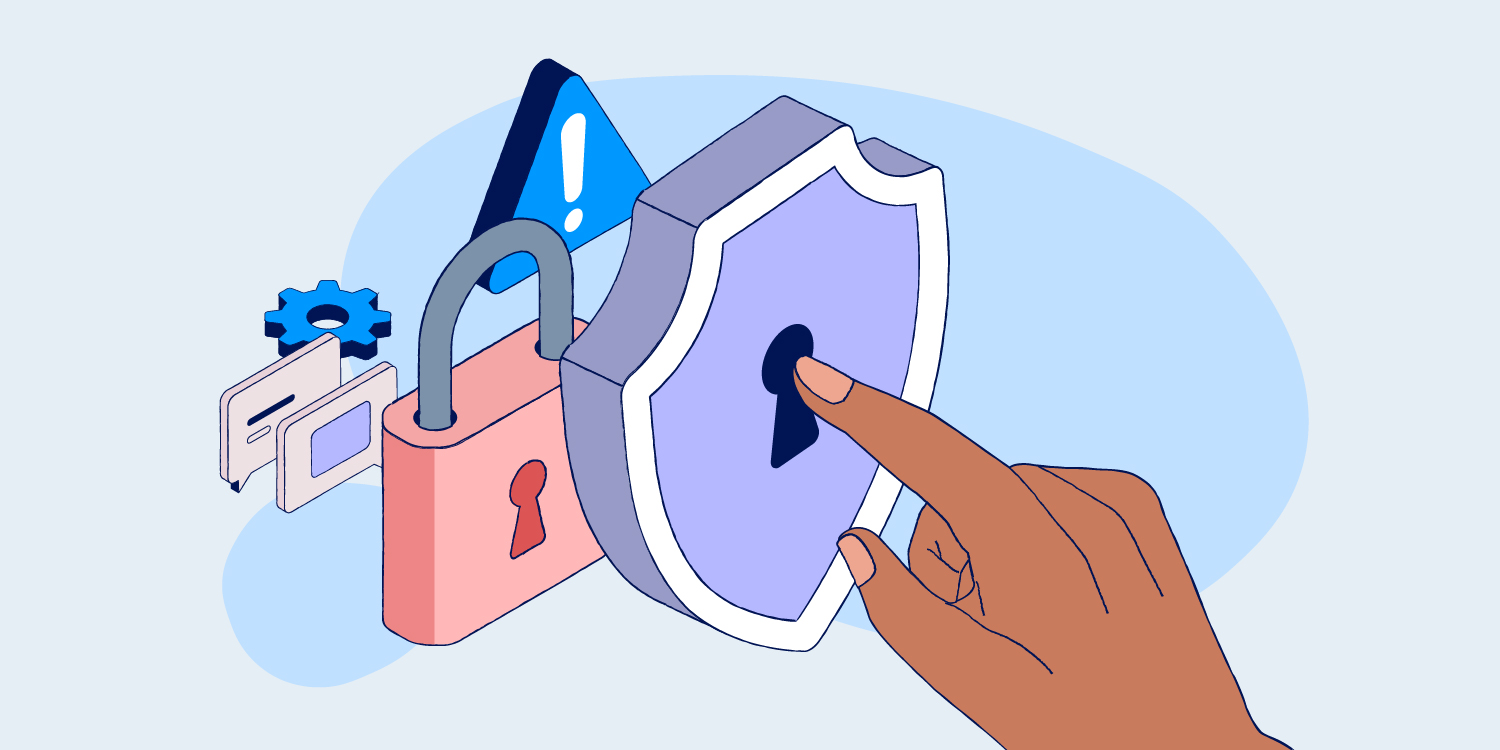Table of contents
Editor's note:
What is data privacy?
In essence, data privacy means ensuring the confidentiality of confidential information. The objective of data protection is to enable organisations to lawfully obtain and deal with information about individuals, while at the same time placing utmost priority on privacy of the information. Data collectors (called data controllers) need to provide security procedures for determining what data will be collected, how it is collected, the way they are stored and transmitted, who may have access to or protect these data in order to meet this objective.
For example, full names, financial information, health information, national identification numbers, etc., are collected by many organisations in relation to their clients and customers. Failure to ensure the protection of that data might lead to heavy fines and high legal expenses, as well as permanent harm to an organisation's reputation with business partners and customers.
Everyone whose privacy was breached will also suffer the consequences. Imagine receiving a bill for services you've never subscribed to, or discovering an inquiry on your credit report that wasn't authorized. This is what we call identity theft, and could be a direct result of insufficient data protection.
Privacy vs. Security
Privacy and security work together, and are often interchanged in casual conversations. There's a big difference between them, though. Data privacy is concerned with ensuring that personal information which have been collected remain confidential and is not disclosed to an unauthorized person. We don't, for instance, put people's personal information on Twitter. It would be a violation of their privacy to do so.
Security is an ongoing commitment to preventing unauthorized access, both externally and internally, to confidential information. Security consists of technology, which includes firewalls, spam filters and threat detection software; processes and policies, like access control policies, encryption policies, etc.; as well as human measures like attention to policy and thinking before clicking.
How to ensure Compliance with Data Protection Regulations
To maintain compliance with international best practices and data protection regulations, the following are necessary:
- Ensure to obtain consent of the data owner (or data subject). There are other basis for collecting data, ensure you consult an expert to help you define a legal basis.
- Process the data only in line with the reason you have collected them, or as permitted by law or regulation.
- Put in place appropriate security measures to protect the data you have collected. A good way to also ensure your data security risks are reduced is to delete the data you no longer need, except otherwise required by your regulator.
- Make sure your staff understand the importance of data protection and how to ensure privacy of data.
Data privacy has a direct impact on all of us from both customer and personal standpoint. Your commitment to this matter is how we all safeguard the data we have been sworn to protect.
Protecting information is in our hands.
—
At Kora, our mission is to connect Africa to the world and connect the world to Africa via payments. For startups and businesses accepting money in and from Africa, we provide All The Support You Need™️ to start, scale and thrive on the continent. Visit www.korahq.com to see all the ways you can grow with Kora.










.png)



%201.png)
%201.png)

%201.svg)











%201.png)
%201%20(1).png)